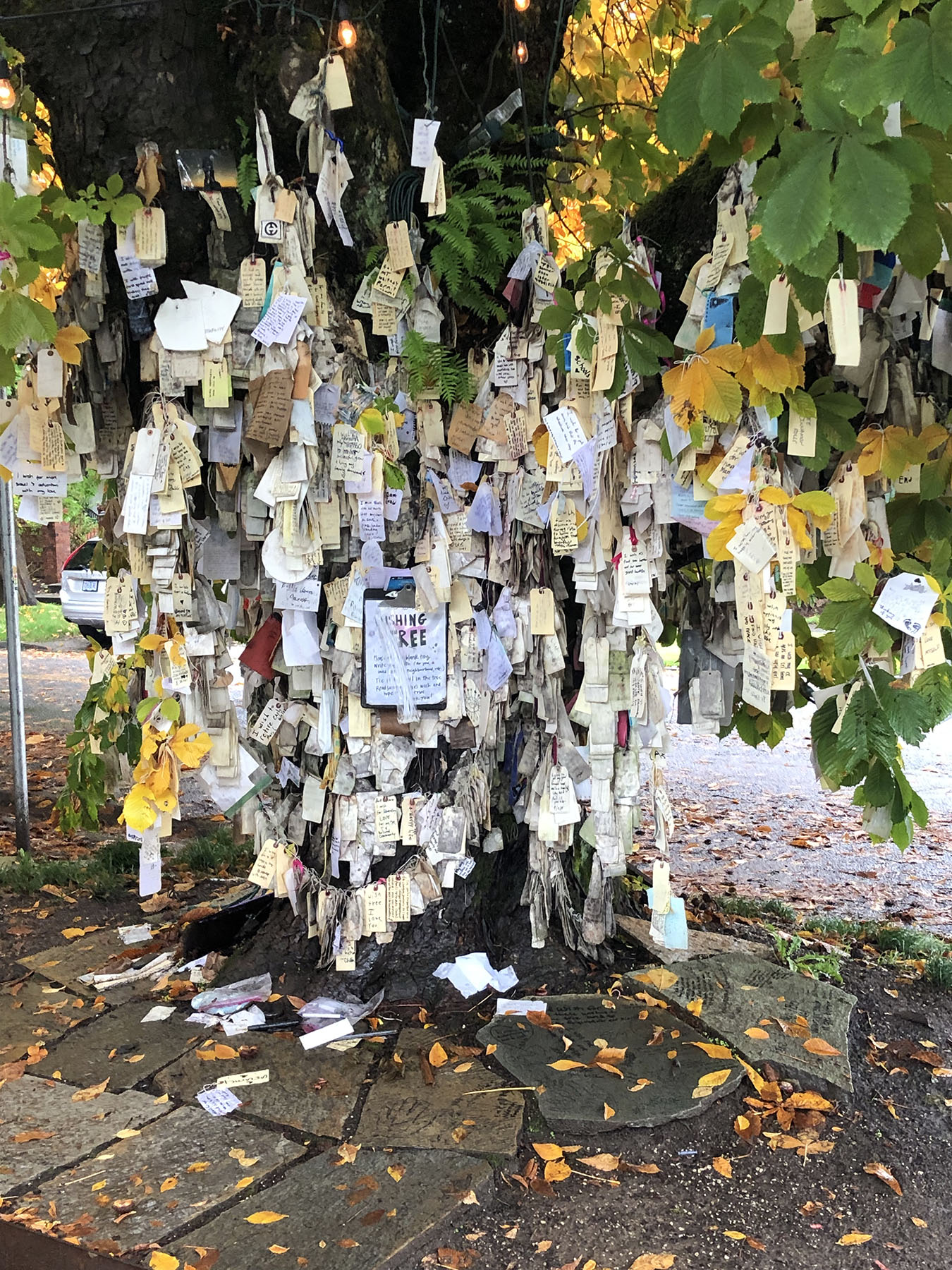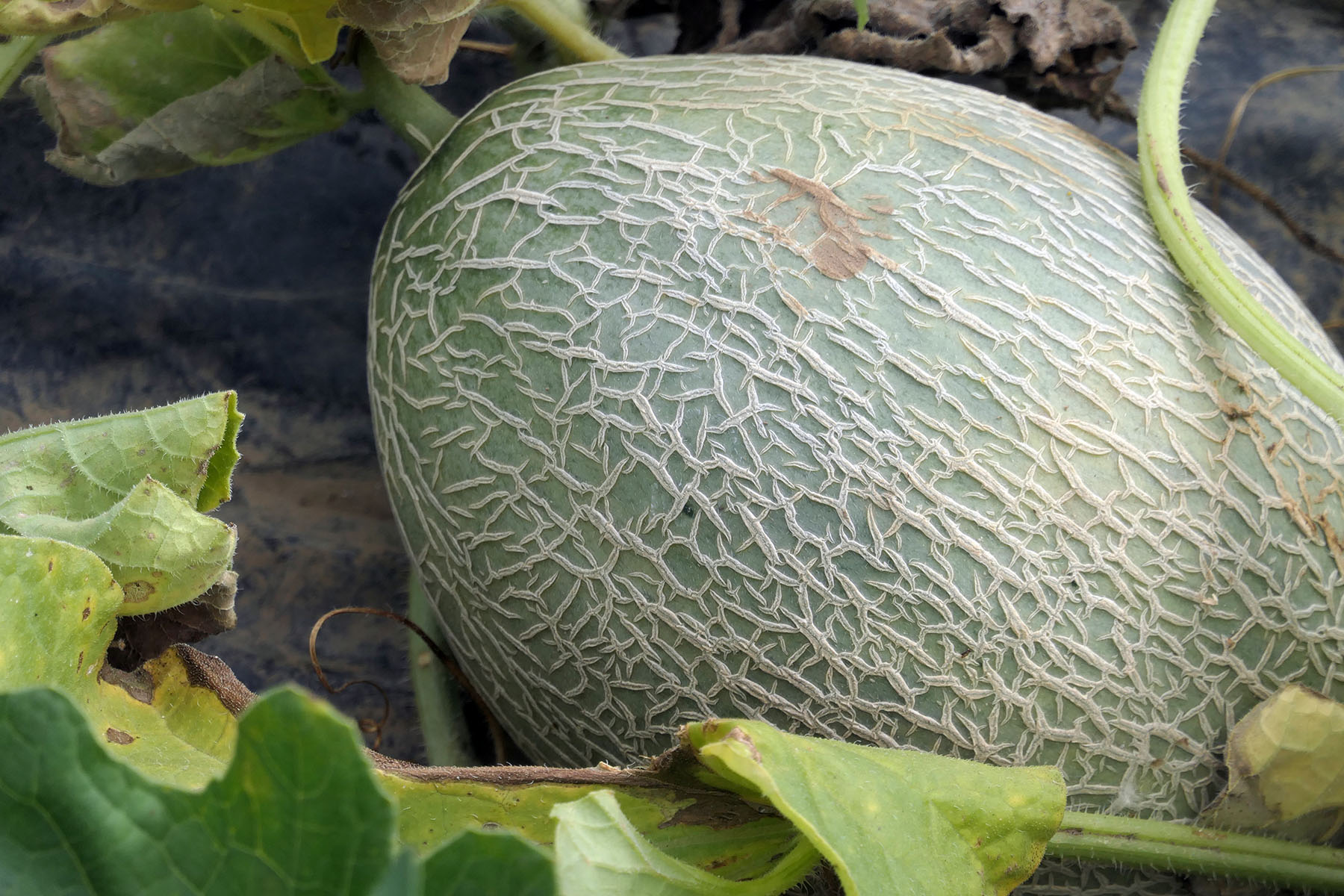Two billion people across the world celebrate the Chinese Lunar New Year tomorrow, 2/1/2022, the Year of the Tiger. Last week I went down to Lan Su, Portland’s Chinese Garden, on a cold, sunny day to marvel at the decorations as I do every year. If you expect me to write exclusively about tigers, though, you should know better by now!

It has to be about hippopotamuses as well. I could stretch to find a connection, hippos being fierce (like the Chinese Zodiac sign of the tiger,) or semi-aquatic, linking to the fact that 2022 is a Water year for the Chinese Zodiac.

But in truth, even the hippos are just a part of today’s topic: how science approaches the (re)introduction of species to places from which they have vanished, or never lived before.

I was alerted to the issues when hearing about the hippos who were left to fend for themselves when Drug Lord and all-around-evil-guy Pablo Escobar was killed by Columbian police in 1993. He had a private zoo next to his mansion that hosted 4 hippos which escaped into the wild when the estate was left to itself. Here we are now, 30 years later, with an estimated 80-100 hippos congregating along the neighboring Magdalena River. That number might swell to another 800-5000 hippos in the next 30 years, depending on who is doing the estimating (Ref.) Hippos have no natural predators in Columbia, nor are their numbers culled by droughts as they would be in their native countries in Africa. They happily procreate.

Well, not much longer. Since it is legally forbidden to kill them, after a public outcry when the first of these escaped beasts was shot, the Regional Autonomous Corporation of the Negro and Nare River Basins (CORNARE) is now culling the herd by sterilizing the animals. They deliver doses of a contraceptive vaccine to the hippos which works on both males and females, via dart guns. The reason for a comprehensive sterilization program lies with multiple threats to the environment if the hippo numbers increase unchecked. Their grazing for food is intense and prevents other herbivores to get to the nourishment they need (a single adult hippo consumes about 88 pounds (40 kg) of grass per day.) The amount of poop deposited in the river is a threat to some aquatic plant and fish populations. And hippos can be quite aggressive if too close to human contact, with inevitable violent encounters in shared space with the fishermen.

It is easy to visualize how a foreign species hurts the balance of an ecosystem. Or what re-introduced species do to environments that have changed so much over the millennia as to not be recognizable given the landscape fragmentation. But scientists have started to look not just for the negative aspects of rewilding or new (if unintended) introductions, but to catalogue the positive trends associated with animals in new places. It looks like they just might serve some ecological functions that were earlier offered by now extinct species. New folks picking up the slack!

Here are the principles that the International Union for the Conservation of Nature (IUCN) established:

Take the hippos. Their daytime grazing habits are similar to those of now extinct giant llamas that lived in Columbia in the Pleistocene. Their defecations bring nutrients to rivers that extinct semi-aquatic creatures of yore provided. But the numbers need to be monitored and if necessary, constrained.

Northern Australia lost its giant marsupials. They are in some ways replaced by grazing water buffalos, the largest herbivores since the extinction, whose feeding habits reduce the frequency and severity of wildfires, mitigating the effects of climate change.

Feral hogs, whose rooting in soil increases tree growth and attracts bird flocks, are replacing ecological work done by extinct giant peccaries in North America. The original American horses, which died out about 12,000 years ago, are now replaced by feral mustangs and burros in the American West who engage in well-digging behavior like their forbears, protecting water resources.

These are just a few examples. More details can be found here.
And guess who is rewilded in China? Yup, South China tigers. They are taken from Chinese zoos, the only place where they exist now, and reintroduced to open terrain in wild life preserves in South Africa. Once they have learned to live outside of captivity they will be released back in China. May the Year of the Tiger see an improved coexistence of humans and nature!

Here is some traditional Chinese pipa music. Happy New Year to those who celebrate!





















































































































